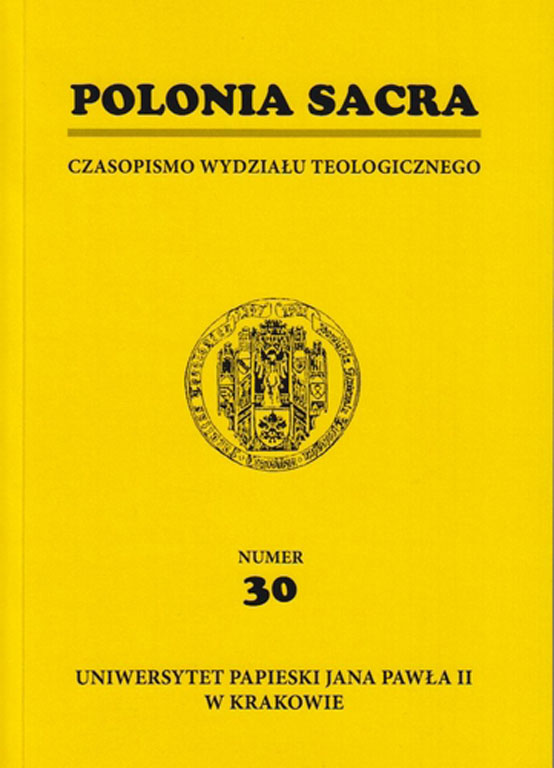Księdza Tischnera mocowanie się ze słowem. Wokół Kazań starosądeckich
DOI:
https://doi.org/10.15633/ps.544Abstrakt
Seeking the proper language for preaching was Fr. Tischner’s greatest pastoral challenge. In the simplicity of thought and language he expressed his respect for the recipient, whom he managed to charm with the word. He offered, but did not impose, his point of view upon recipients, and examined the word of God together with the audience. With his straightforward and fluent narration he invited his audience to enter the space of dialogue. The choice of linguistic measures makes the texts of sermons communicative, coherent, logical, orderly, carefully thought out in terms of invention, disposition and allocution. The speaker impresses us with his consequence, the discipline of speech, he avoids theological phrasings, uses the language devoid of pathos, overblown style, exaltation. Kazania starosądeckie (Starosądeckie sermons) combine wit and wisdom, philosophy and life.Pobrania
Opublikowane
2012-07-07
Numer
Dział
Artykuły
Licencja
Prawa autorskie (c) 2012 Witold Ostafiński

Utwór dostępny jest na licencji Creative Commons Uznanie autorstwa 4.0 Międzynarodowe.
Autorzy publikujący w czasopiśmie udzielają jego wydawcy zgody o następującej treści:
- Autor zachowuje autorskie prawa majątkowe do utworu, a jednocześnie udziela wydawcy czasopisma zgody na jego pierwszą publikację w wersji drukowanej i wersji online na licencji Creative Commons Uznanie autorstwa 4.0 Międzynarodowe oraz zgody na wykonywanie opracowań, w tym przekładów.
- Autor ma możliwość udzielania zgody niewyłącznej na opublikowanie utworu w wersji, która ukazała się w czasopiśmie (np. zamieszczenia go w repozytorium instytucjonalnym lub opublikowania w książce), wraz z informacją o jego pierwszej publikacji w czasopiśmie.
- Autor może umieścić swój utwór online (np. w repozytorium instytucjonalnym lub na swojej stronie internetowej) jeszcze przed zgłoszeniem utworu do czasopisma.
Jak cytować
Ostafiński, W. (2012). Księdza Tischnera mocowanie się ze słowem. Wokół Kazań starosądeckich. Polonia Sacra, 16(1), 227–250. https://doi.org/10.15633/ps.544

